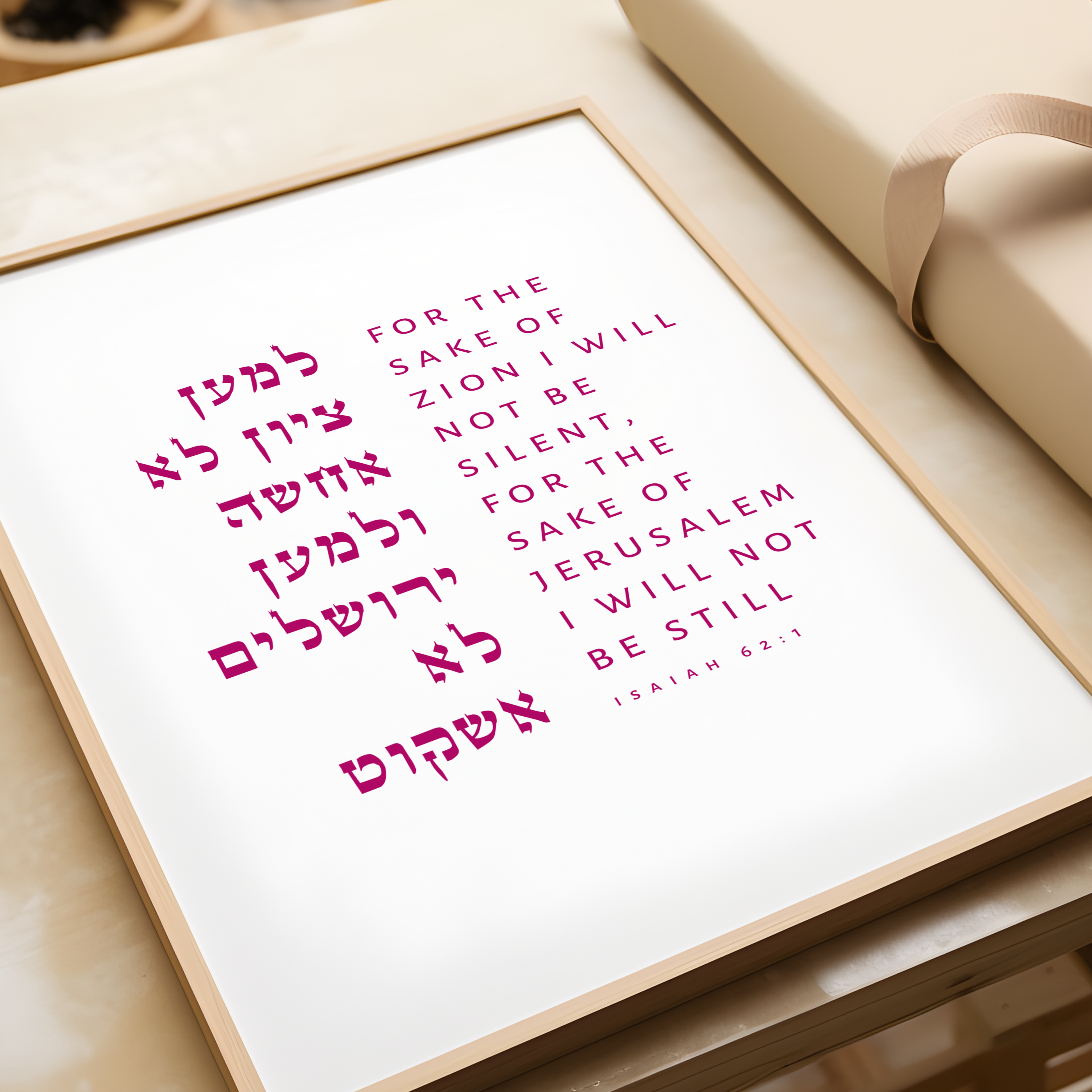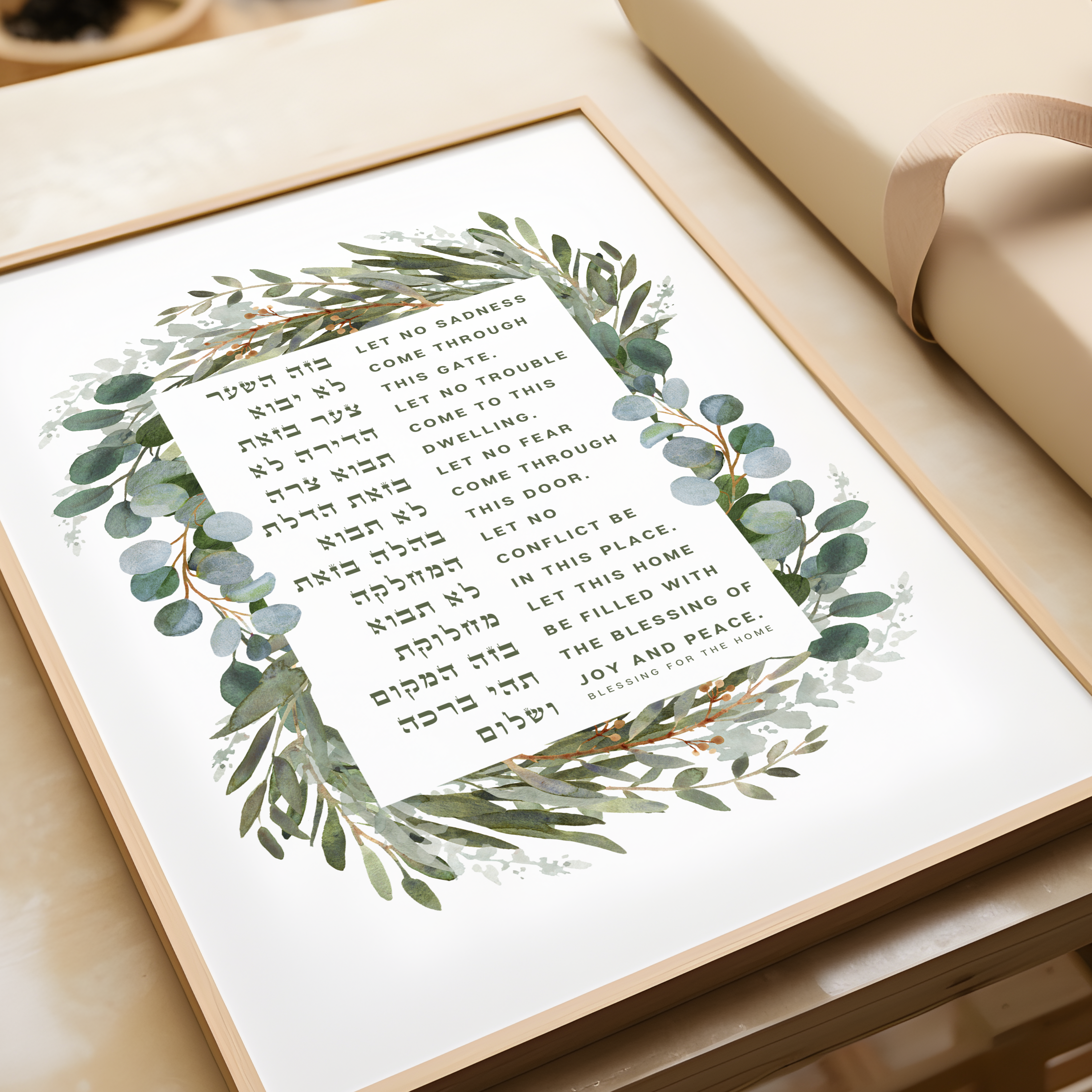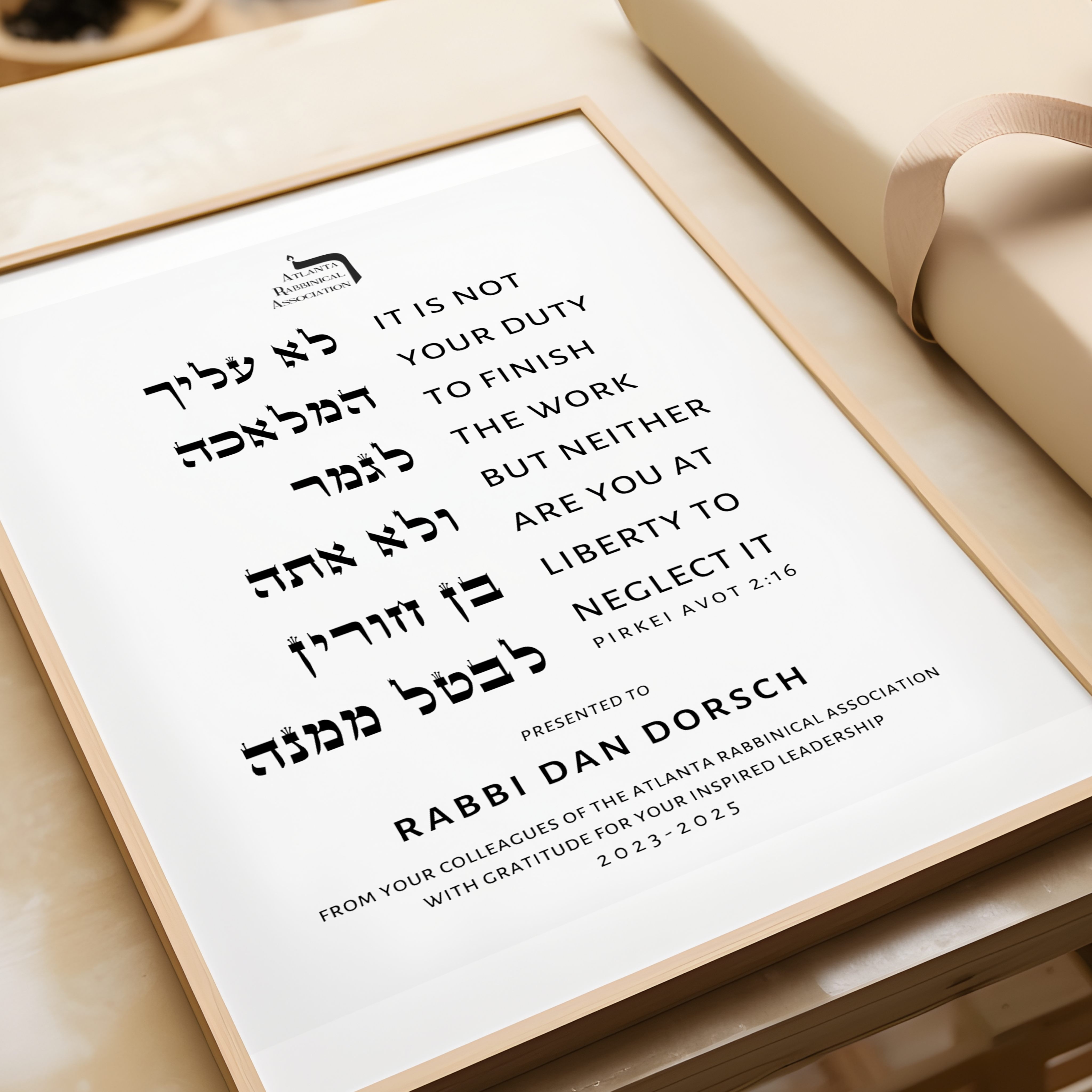Proverbs 31 Resource Guide
The verses of Proverbs 31:10-31, also known as Eshet Chayil in Hebrew or The Woman of Valor in English, is one of the most lovely and popular biblical representations of women. Learn more about the meaning and relevance of Proverbs 31, the Woman of Valor below.
What is a Proverbs 31 Woman?
The 21 verses at the end of Proverbs 31 begin with the Hebrew words "Eshet chayil mi yimzta," typically translated into English as "A woman of valor, who can find" or "A virtuous woman, who can find." These words begin a hymn of praise for an exceptional, loving woman who is committed to her family and her loved ones. The opening words are generally used to refer to the entire text through to the end of the chapter. The "woman of valor" section has been used as a separate prayer for centuries, and set to music many times since it was canonized in the Bible.
What is Proverbs 31 about?
Some people think that Proverbs 31 was written by King Solomon in praise of his mother, Bathsheba, which is part of what makes it so popular for Mother's Day cards. Others look at it as advice for a young man about what to look for in a wife. Proverbs 31 is best understood as a poem that uses imagery and poetic descriptions to elevate a woman's regular, daily activities into something wonderful and holy. The poem is written as an acrostic, with each line beginning with the next letter of the Hebrew alphabet. When a poem uses all the letters in the alphabet, it's a way of including absolutely everything a woman might do, "from A to Z," as we might say. It refers to an imaginary noble Hebrew woman who carries out seemingly mundane actions, like getting clothes for her family, preparing food, shopping, and trading or investing, with care and love. It can be understood as a hymn to the beauty that lies in performing everyday activities with love and dedication. This beautiful text inspires many women to learn Proverbs 31 as a list of ideas and mannerisms they can aspire to in order to become the best version of themselves as a woman, wife and mother, but it also has deeper meaning.
What does "a woman of valor" mean?
Although many translations cast the opening words as "a virtuous woman," the traditional translation for "chayil" is "valor." Valor is an old word for courage or determination. A woman of valor is a woman who's determined to do whatever is necessary to support her loved ones, whether that's going out to work, staying at home, or making tough decisions about finances and house rules. In the Bible, the only woman who's called a woman of valor is Ruth, who supported her mother-in-law Naomi by going out and gathering dropped grain in the fields of Boaz. In the Book of Ruth 3:11, Boaz addresses Ruth, saying "Don't be scared, my daughter, I shall do whatever you say, because everyone knows that you are a woman of valor." The Hebrew text reads " וְעַתָּה, בִּתִּי אַל-תִּירְאִי, כֹּל אֲשֶׁר-תֹּאמְרִי, אֶעֱשֶׂה-לָּךְ: כִּי יוֹדֵעַ כָּל-שַׁעַר עַמִּי, כִּי אֵשֶׁת חַיִל אָתְּ" The text tells us that Ruth was born a Moabite princess, but she's willing to sacrifice her dignity by joining the poor people who pick up the loose grain. Boaz addresses her like this for her courage in going out in the strange fields, among people she doesn't know, to provide food for her mother-in-law.
Who wrote Proverbs 31?
Like the rest of the book of Proverbs, Proverbs 31 is believed to have been written by King Solomon the Wise. However, according to one traditional Jewish interpretation, Proverbs 31: 10-31 was originally composed by Abraham as a eulogy for his wife, Sarah, and later included in the book of Proverbs by Solomon.
Why do Jews recite "Eshet Chayil" on Friday night?
It's traditional for Jewish men, or sometimes the entire family, to sing or recite "A woman of valor" every Friday night before the Sabbath meal. The custom is first recorded in the 16th century, and it began among the students of the mystic Rabbi Isaac Luria, who sang it to welcome the Shabbat Queen. Today, it's also sung out of appreciation for the hostess, to express gratitude for the hard work she put in to prepare and serve a delicious Shabbat meal.
Why is the "Woman of Valor" prayer so popular?
Different people relate differently to Proverbs 31. Some see it as inspiration to do better, work harder, and achieve more. Others view it as a way of celebrating everything that women achieve, from home life to work life to personal milestones. Still more people simply appreciate the beautiful wording and evocative imagery of the ancient text, and enjoy the impact of the words.
SHOP:
The Proverbs 31 Woman of Valor Bible Verse Wall Art & Gifts Collection
Proverbs 31:10-31 Bible Verse Wall Art Print - the Complete Proverbs 31
Proverbs 31:28 Bible Verse Wall Art Print
Proverbs 31:29 Bible Verse Wall Art Print
Proverbs 31:25 Bible Verse Wall Print
GIFT GUIDES:
The Ultimate Guide to Proverbs 31 Gifts
Your Mother's Day Gift Guide to Proverbs 31
READ:
- Proverbs 31:13 Authentic Hebrew and Full English Translation
- Proverbs 31:26 Authentic Hebrew and Full English Translation
- Proverbs 31:25 Authentic Hebrew and Full English Translation
- Proverbs 31:28 Authentic Hebrew and Full English Translation
- Proverbs 31:29 Authentic Hebrew and Full English Translation




